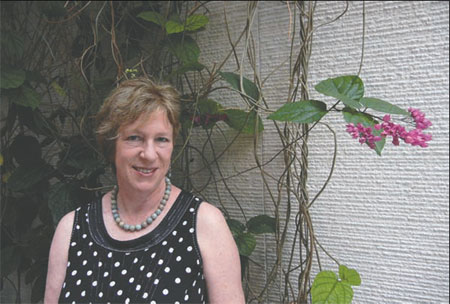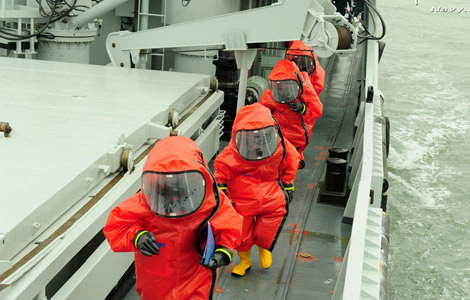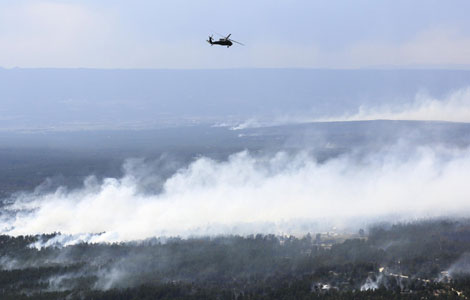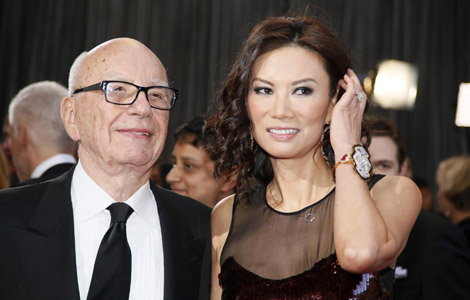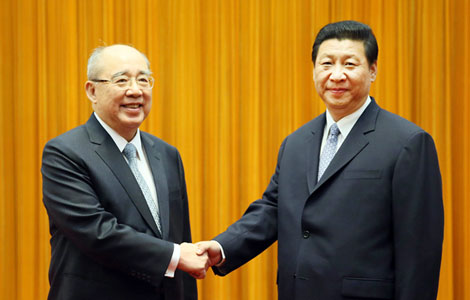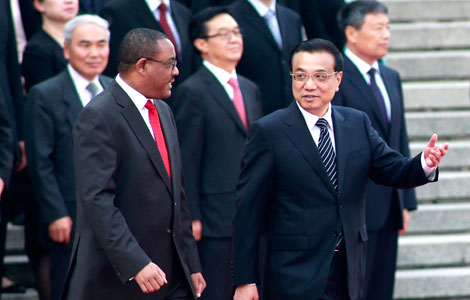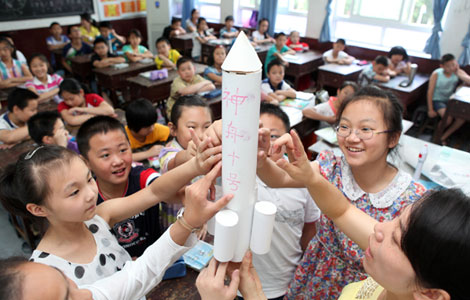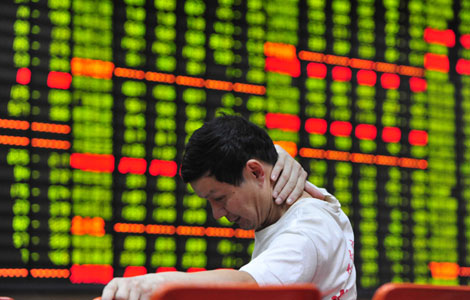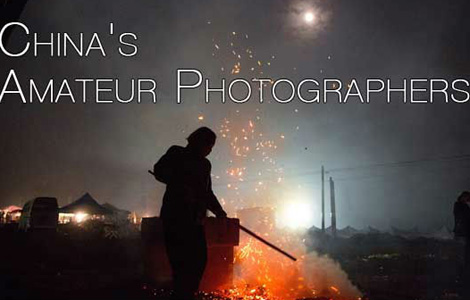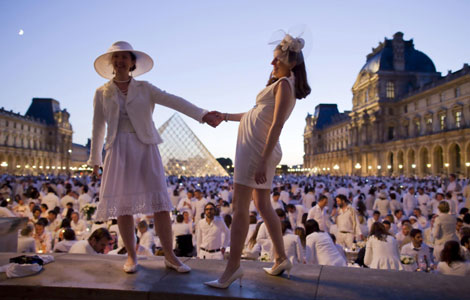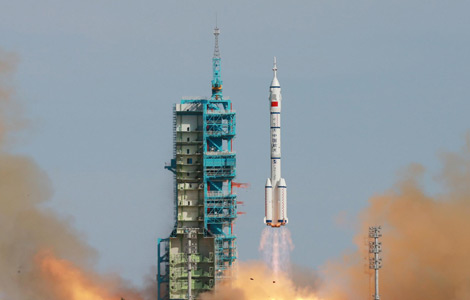Cultural exchange means 'sharing souls' and much more
Updated: 2013-06-14 13:23
By Kelly Chung Dawson in New York (China Daily)
|
|||||||||
|
Asia Society's Rachel Cooper believes in deep and meaningful cultural exchange. Kelly Chung Dawson / China Daily |
When Asia Society's Rachel Cooper was at the University of California at Berkeley in the 1970s, she spent a semester on a cruise ship, stopping at various cities on a voyage that changed the course of her life. Although she had studied dance since she was five and remained focused on the performing arts, her visits to Taiwan, Hong Kong, Indonesia and other Asian ports sparked a passion for the region that eventually led to a career in promoting Asia-US cultural exchanges.
As director for global performing arts and special cultural initiatives at the Asia Society, she has developed and promoted an array of cultural projects and exchanges that in recent years has included a 2012 production of The Lanke Mountain by the Shanghai Kunqu Opera at the Asia Society's New York location; a 2011 cultural forum in Beijing organized in conjunction with her colleagues, featuring Meryl Streep, Amy Tan and Yo-Yo Ma; the New Voices workshop, in which Asia Society awarded fellowships to six screenwriters in Mumbai, India; and a performance by the Chinese choreographer and dancer Yin Mei earlier this year.
"Looking at visual arts, music, theater and dance from a cultural perspective has been my passion for my entire adult life," Cooper told China Daily. "The fullness of the arts as a reflection of culture, and the kind of dedication to beauty as defined within that cultural context, is absolutely fascinating to me."
Before the Semester at Sea ship docked in Taiwan, Cooper had studied the history and philosophy of Chinese opera, delving into character types, skills, makeup and other facets of the art form. When she and her classmates watched the performance upon arrival, she was inspired and excited by how her studies had enhanced the depth of both her understanding and enjoyment of the work.
"I found that philosophy was embedded in the art forms, whether you were talking about Confucianism or Daoism or a simple understanding of the world," she said. "I realized that the arts are really a way into any culture."
Cooper, a California native, later transferred to UCLA, where she majored in ethnic arts. She first became involved in performing arts administration as an associate director of the Asian Performing Arts Summer Institute at UCLA, through which they hosted various artists from around Asia. After graduation she moved to Indonesia, where she organized and promoted the Festival of Indonesia, for which she won an Izzy Award. Among her other accomplishments are a 2006 Dawson Award for sustained achievement in performing arts programming excellence, and a Clifton F. Webb award for film. She is also the co-founder and current board president of a Balinese music and dance company, Gamelan Sekar Jaya, based in San Francisco.
Cooper describes herself as a cultural ambassador, and believes that the arts play as vital a role as policy or business in promoting cross-cultural relations. As the relationship between China and the US has developed and changed over the last few decades, cultural exchanges have only become more important in translating and connecting the dots, she said. She's grateful that the Asia Society's unique mission allows for a three-dimensional understanding of cultures. She has worked at the institution since 1993.
Orville Schell, director of the Asia Society's Center on US-China Relations, believes that the occasional strain of bilateral relations between the two countries makes cultural exchange increasingly important.
"We urgently need a neutral cultural zone to which we can sometimes retreat, refresh ourselves and remind ourselves that there is much more that we have in common than is sometimes immediately obvious from the perspective of Washington or Beijing," Schell said. "Here, culture is an incomparable zone of mutuality, and Rachel Cooper wrangles this zone for all of us with impressive ability and insight. My own feeling is that the souls of those of us who toil in the vineyards of policy, politics and economics would wither to desiccated crusts without the hybrid vigor and relief that culture provides to our larger lives."
As part of her job, Cooper has developed long-term friendships with performers and arts promoters around Asia and the US, forming bonds that she believes have informed her ability to serve as a cultural bridge, she said.
"Understanding between cultures doesn't just mean making deals," she said. "Real people-to-people exchange, in which people share their art, requires a sharing of their souls. I'm a proponent of deep, meaningful interactions and relationships."
For Cooper, China has held a particular allure for its rich cultural traditions, she said. In 1994, while participating in a program called the Asian Performing Art Exchange, Cooper encountered various Chinese artists who seemed to know not only about China, but also the US. She realized that in order to understand Chinese culture, she needed to study Chinese history, literature and philosophy. The interactions she encountered during that program were inspiring, she said.
In 1996, she traveled to China for the first time. Like so many people, she had read the books of Pearl S. Buck, who depicted China as rural and village-oriented.
"China was just so much bigger in every way than my imagination had fully understood or even thought possible," she said.
As the world has opened up and the Internet has made connections more accessible, the boundaries between countries and cultures have become porous, she said. The idea that there are Eastern or Western art forms will eventually be outmoded. But traditional art forms, which are passed on people to people, are alive and mutable.
"It's thrilling and important to be a part of that," she said. "I'm grateful."
(China Daily USA 06/14/2013 page11)
Most Viewed
Editor's Picks

|

|
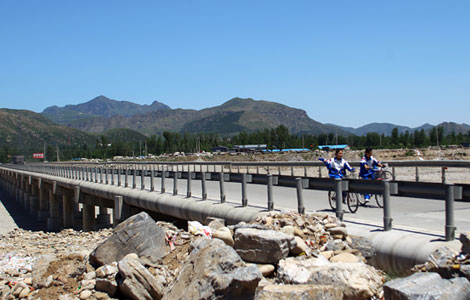
|

|
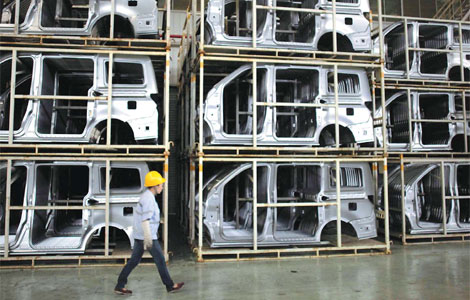
|
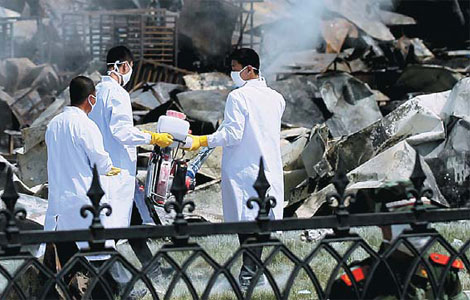
|
Today's Top News
Americans' confidence in Congress hits record low
Chinese brands in global marketplace set to grow
FBI chief defends surveillance programs
US to give Syrian rebels military aid
Cloudy skies for nation's foreign trade
EU files WTO dispute on steel measures
Abe's plot to contain China is doomed to fail
Nation's rise a common goal
US Weekly

|

|
